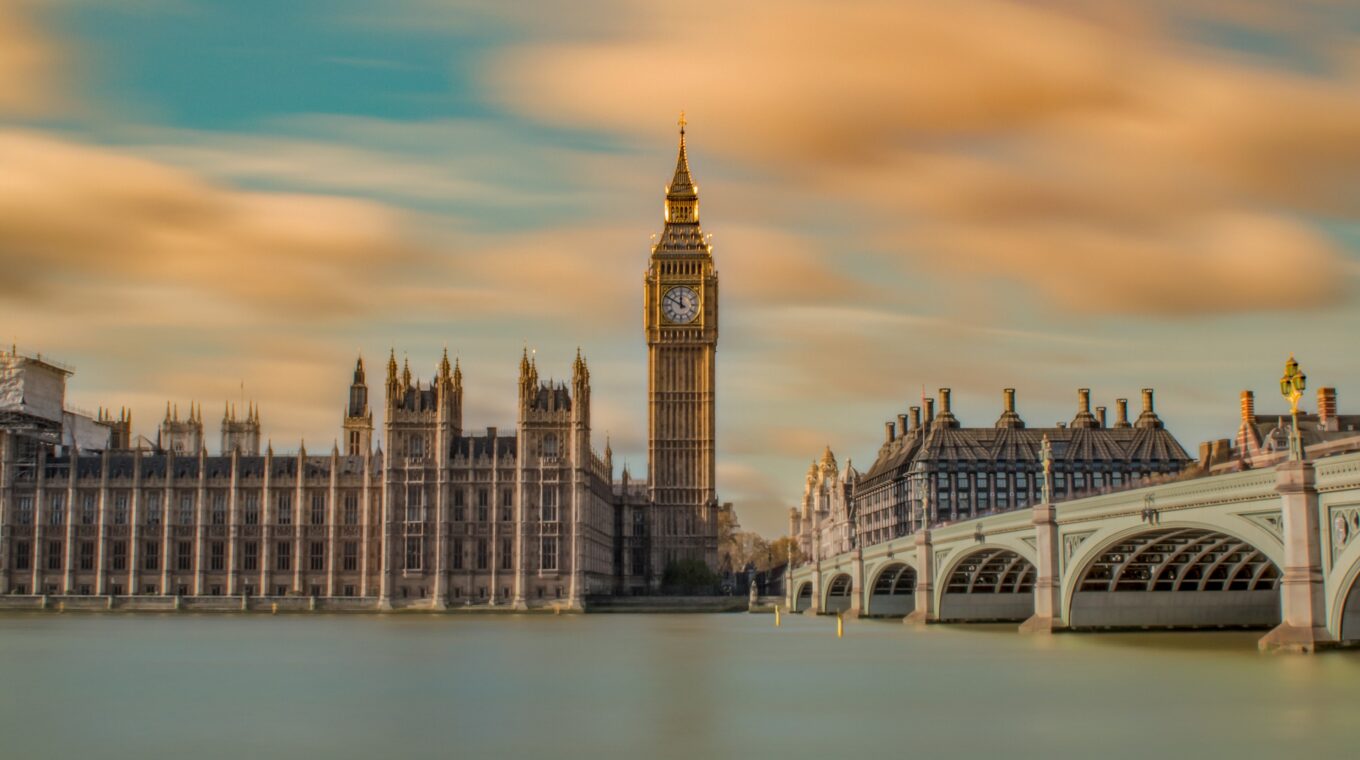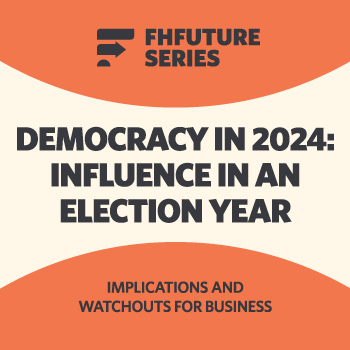Loyal to a fault – what will the PM value most when appointing their new Cabinet?

The Boris Johnson premiership will soon come to an end. In just under two weeks’ time, he and his Cabinet will pass on the torch to new leading lights to shape the direction of government. Who holds those roles is of central importance to the future of the party, and the country at large.
To understand who will be in Cabinet, we must understand that this race is between two candidates with very different approaches. Liz Truss is attempting to ride the coattails of her performance as Foreign Secretary, doubling down on ‘Global Britain’, and leaning into populism to win votes, whilst Rishi Sunak has been laying out a more polished, cautious, common-sense style – trying to put clear blue waters between himself and the Boris government.
If this contest has taught us anything, it’s that both candidates innately lack the commanding vision which led Johnson to a landslide election victory in 2019. And whilst No.10 today may not be the complete command and control centre that we have seen in recent years, the next Cabinet will need able Ministers who can quickly master their brief and deliver what the new PM wants.
This bodes the question of unifying – which both candidates will be conscious of having supporters drawn from across the party. However, party unification will need to be carefully managed alongside another important dynamic: loyalty. We are likely to see key allies and advocates promoted at the expense of more experienced former Ministers as loyalty is rewarded.
“Partygate” has been followed by an unprecedented and elongated period of ‘blue-on-blue’ attacks, meaning that the next Prime Minister will be tasked with leading a fractured Conservative Party. The new Leader cannot be seen as solely supporting those that lent them support during this contest if they are to deliver a serious programme of government. Even inheriting an 80-seat majority, which should mean that they have a comfortable platform against which to reset and reinvigorate the parliamentary party, may not be enough if they only focus on the MPs that were loyal to them.
At the start of the leadership election, 11 candidates were available. This meant that MPs could spread out based on ideology (and loyalty), with Sunak becoming the MPs’ firm preference. As the number of candidates dwindled, we also saw choices narrowed to the economic radicalism of Truss and the slow-and-steady Sunak.
Many MPs have made what appear to be calculated decisions by ambitious MPs with one eye on the next Cabinet. Penny Mordaunt, for example, made a somewhat awkward endorsement of Truss, given how many of Truss’s prominent backers were sent out to attack Mordaunt on the radio and in the press. Tom Tugendhat was another interesting supporter, as his liberal wing of home county conservatism is a far cry from Truss’s tax-cutting boosterism.
Paper speculation also suggests that Kwasi Kwarteng, Jacob Rees-Mogg, Nadhim Zahawi, and James Cleverly may take senior positions in her Cabinet if she’s elected. Truss refused to resign from the Johnson government on the basis of loyalty, and these other key Boris loyalists may well be rewarded with their own new patronage.
Whilst Sunak may be seen as the moderate, centrist candidate – he still is or at least should be, the Brexiteer candidate. This ideological and policy-based loyalty is what saw Mark Harper become a prominent and vocal support for the Sunak campaign from day one. Yet, interestingly, he has also won the backing of prominent Remainers, such as former Health Secretary Jeremy Hunt.
It remains to be seen whether loyalty or a drive to unify the party will be the dominant force as new appointments to government are made. Regardless, to be successful, the next Leader of the Conservative Party needs to prevent any further fractures. Talent and skill should be recognised, given the challenging economic climate, regardless of loyalty or ideological conviction. Maverick Ministers with a reputation for problem-solving, such as Sunak-backed Michael Gove, would be a big loss around the Cabinet table.
If the majority of her Cabinet is drawn from the right of the party, this will leave a significant number of canny former Cabinet Ministers and potential critics – like Gove – on the backbenches observing her economic plan with healthy scepticism. The current PM’s approach, rewarding loyalty and often disregarding Cabinet experience, led to animosity from backbenchers – who eventually played a big role in his demise. The next Prime Minister would be wise to learn from these mistakes.
This weekend, with less than two weeks to go before voting ends, Truss is seemingly ahead of Sunak, according to opinion polls of the Tory membership. But whoever wins, this should provide the perfect opportunity for renewal. Tough decisions will need to be made in the coming months and, with a 2024 general election on the horizon, the Conservatives need a cohesive, competent Ministerial team focused on delivery.
Bhav Popat, Senior Account Executive, Public Affairs
Find Out More
-
Democracy in 2024: Influence in an election year
May 2, 2024
-
Platinum CMS Award
March 13, 2024
-
Changing Communications Tack at Mobile World Congress
February 21, 2024


